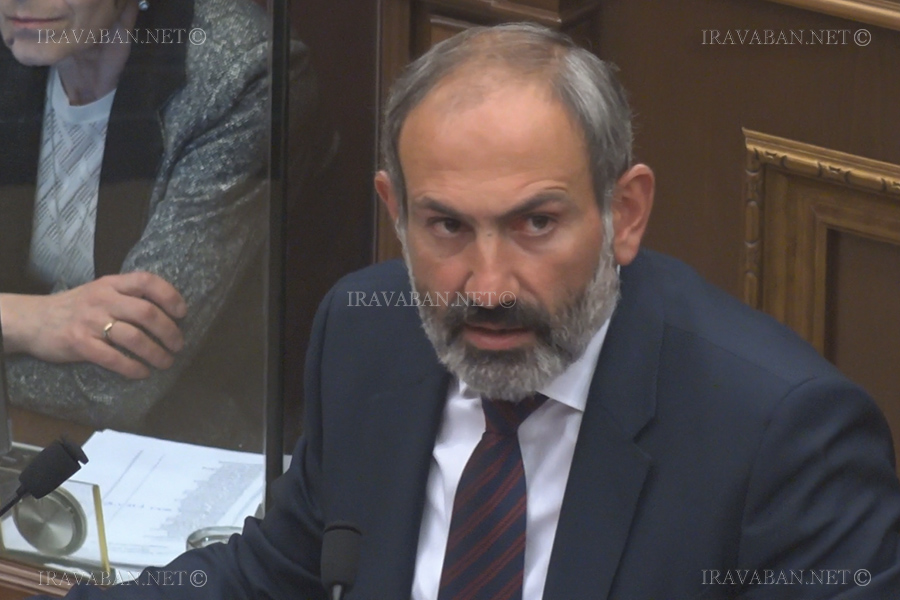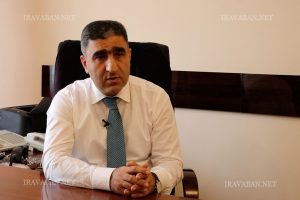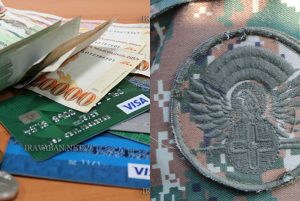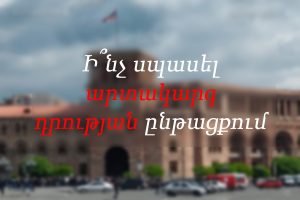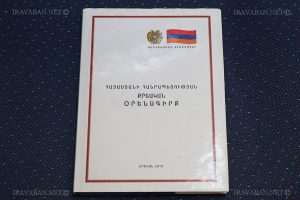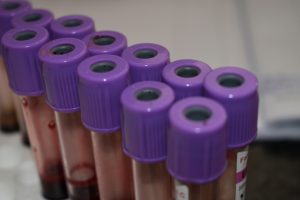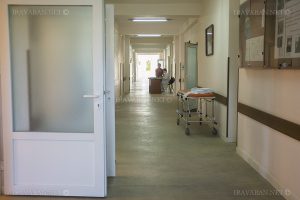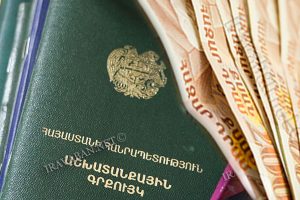On May 9, Armenian Prime Minister Nikol Pashinyan met with journalists in Stepanakert.
He noted that relations with Artsakh will have new manifestations and expressed hope that there would be new steps towards the process of international recognition of Artsakh.
“We met with the supreme command staff of the Defense Army, as well as with the Commander of the Defense Army and the Chief of the General Staff of the Armed Forces. I have listened their reports. We have agreed on what steps we will take,” Pashinyan said.
In response to the question of return of Artsakh to the negotiating table, Nikol Pashinyan said: “We should first answer one question: do we want to solve the problem or not. If Azerbaijan or the international community wants to solve the issue, it is illogical that this issue is discussed in a format that cannot be solved. How can this negotiating format resolve the issue while one of the key participants of which is not involved in the negotiations? This is a pragmatic question, not emotionally. Only Artsakh powers can speak on behalf of Artsakh. Armenia is also a party to the conflict and will speak for itself on its behalf. I am ready to negotiate with the President of Azerbaijan on behalf of the Republic of Armenia, but Artsakh authorities in the person of the President of Artsakh have to negotiate on behalf of Artsakh.“
The Prime Minister said that while using Azerbaijan’s bellicose rhetoric and talking about taking Yerevan and Zangezur, it is senseless to talk about compromises. “We can speak about it when we receive a message from Azerbaijan that Baku is ready to recognize Artsakh’s right to self-determination. Armenia and Artsakh will not fall prey to it, especially now when our people are more than ever united. “
Pashinyan noted that the international community should note that the essence of the Artsakh issue is the issue of human rights protection because this issue arose when Azerbaijan was not able to provide the minimum rights of the Armenian population of Nagorno-Karabakh, but created a direct threat to their right to life and identity. “These threats have been expressed by concrete actions against the civilian population.”

